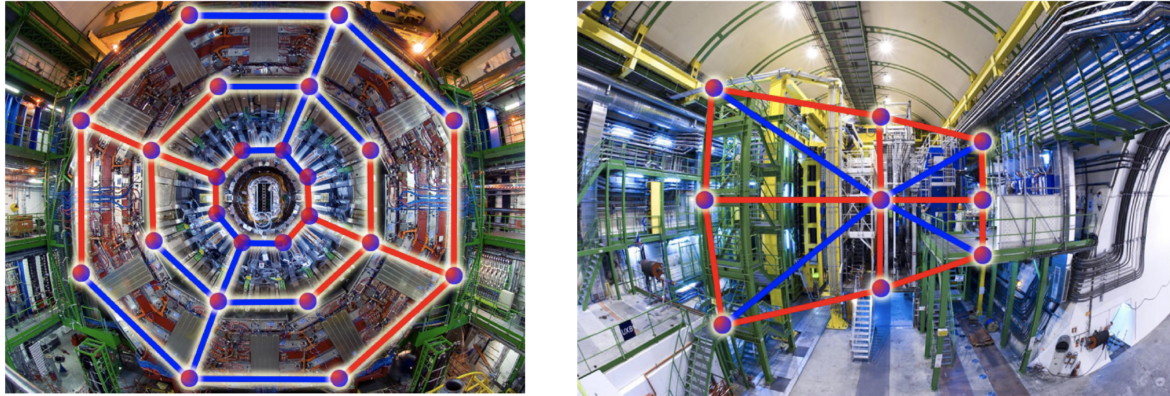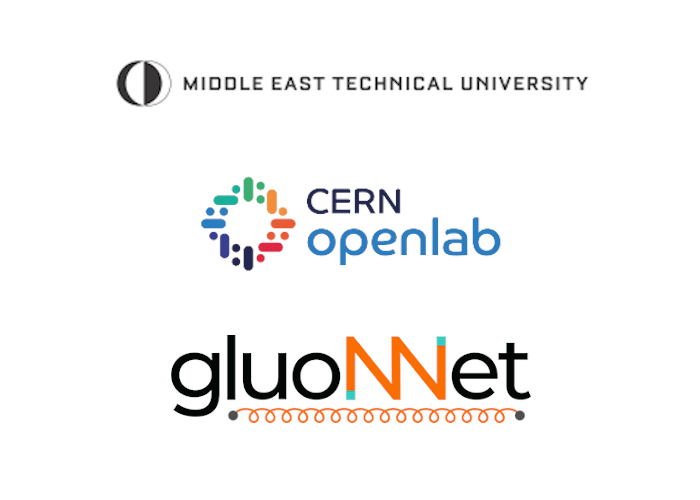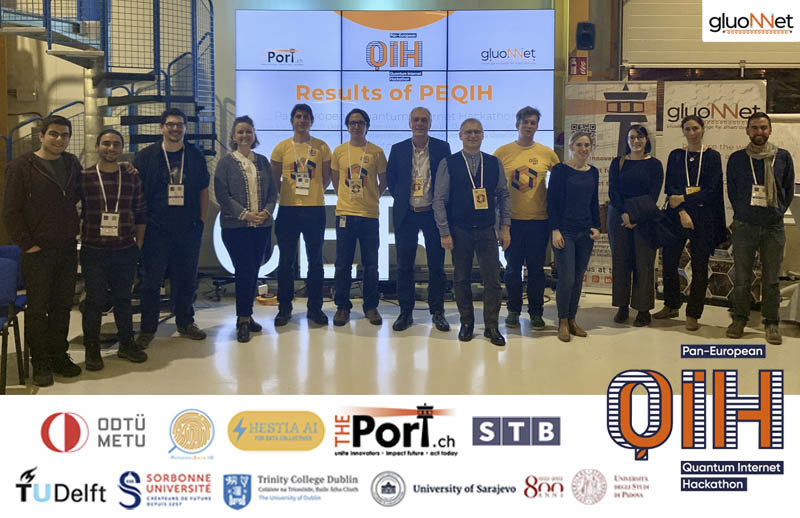Lunara Nurgaliyeva from Kazakhstan joins CERN openlab’s Summer Student Programme, investigating particle-tracking algorithms applied to aviation logistics
This summer, gluoNNet’s collaborative research project with CERN openlab in the field of quantum computing is reinforced by Kazakh student Lunara Nurgaliyeva. The 22-year-old computer science and mathematics student from Nazarbayev University in Nur-Sultan participates in the CERN openlab Summer Student Programme 2021.
CERN openlab is a public-private partnership run by the European Organization for Nuclear Research (CERN) that accelerates the development of cutting-edge ICT solutions for the worldwide LHC community and wider scientific research. Through CERN openlab, CERN collaborates with research institutes and ICT companies, gluoNNet being one of them.
Due to the pandemic, the upcoming CERN openlab Summer Student Programme takes place online, with the selected students participating remotely from their homes across the globe. Over nine weeks (June-August 2021), Nurgaliyeva and her fellow students work via remote connection with some of the latest hardware and software technologies and learn how advanced ICT solutions are used in high-energy physics and beyond. Furthermore, Nurgaliyeva and her fellow students attend a series of online lectures and training sessions prepared by ICT experts at CERN. Special virtual lab visits are also part of the internship. Furthermore, the summer students can participate in a hackathon — the CERN Webfest on 21-22 August 2021 with gluoNNet as a co-organiser — and other exciting events.
Through the joint project on quantum graph neural networks, involving CERN openlab, the Middle East Technical University (METU), and gluoNNet, Nurgaliyeva investigates the application of particle-tracking algorithms for logistical challenges in aviation. Previously, researchers in the collaboration have identified several algorithms that might be interesting for aviation logistics. Using methods in machine learning and artificial intelligence, Nurgaliyeva examines these algorithms, aiming to create sustainable solutions for the aviation industry. Optimising environmental impact is one of the key goals of this exercise.
“I am interested in the evaluation of the suitability of different machine learning and artificial intelligence methods, finding new ways of application in order to solve problems in industry or academia,” says Nurgaliyeva. “I am so excited to work on my project with my supervisors.”
The “Sunflower” project is one potential use case for the research project’s findings. This novel software solution designed for the civil aviation industry is co-developed by gluoNNet, BussinessOptix, and the Civil Aviation Administration of Kazakhstan (CAAKZ). It allows better management of aviation-related issues that require regulatory oversight, such as quickly verifying information, speeding up approval procedures, and stopping actions that are illegal or deceptive.






